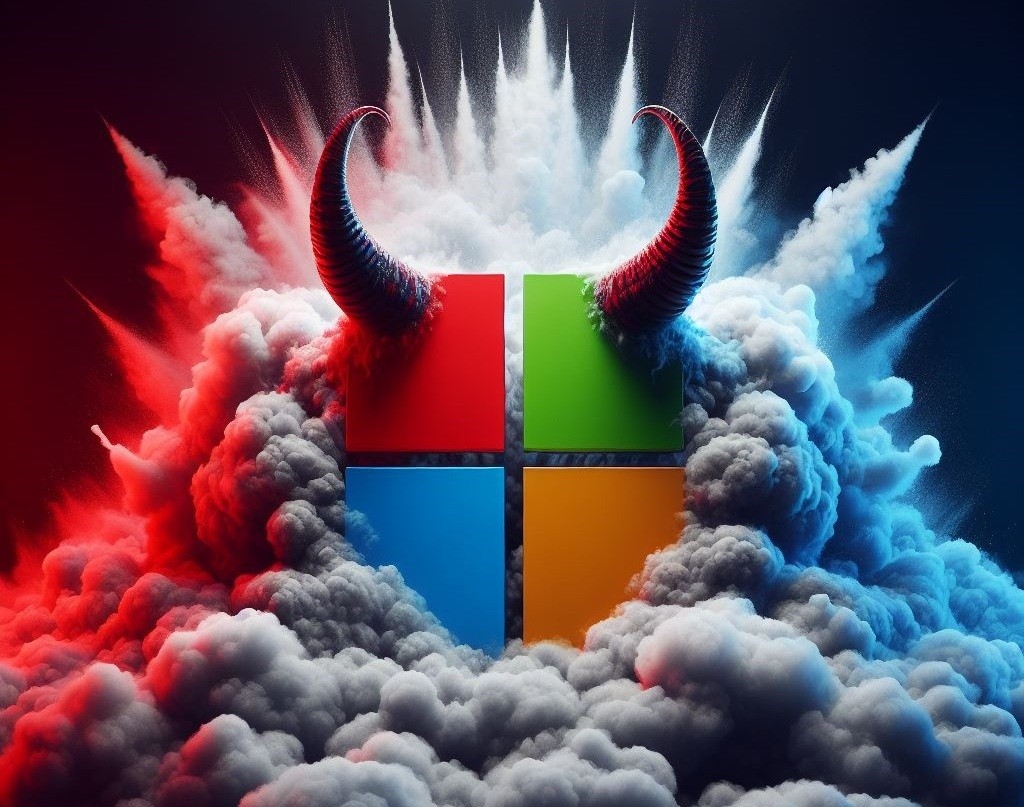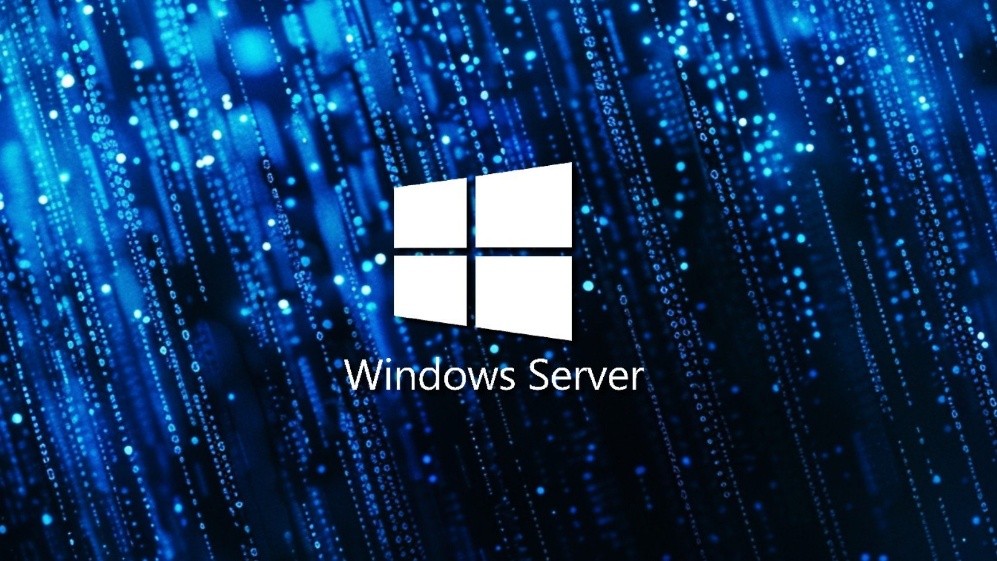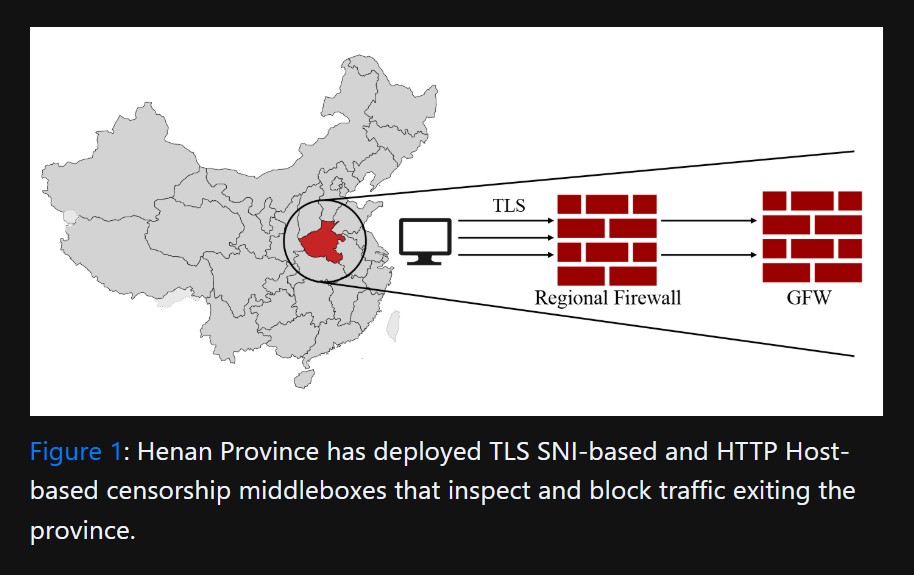Calls to Boycott Microsoft Grow as Employee Emails Flagged for Palestine-Related Terms Amid Internal Protests
Internal reports from Microsoft employees allege that the company has blocked emails containing specific terms such as "Palestine," "Gaza," and "genocide." According to a coalition of activist employees, the filtering did not extend to messages referencing "Israel" or those that used alternate spellings like "P4lestine."

Figure 1. Emails Flagged.
The group, No Azure for Apartheid—composed of Microsoft workers critical of the company’s relationship with Israel—claims the restrictions affected both internal and external emails. They report that across departments, messages containing these flagged terms were frequently undelivered if the words appeared in either the subject line or body. Figure 1 shows Emails Flagged.
These allegations surfaced shortly after a wave of high-profile protests organized by the group during Microsoft’s annual Build developer conference. Demonstrations disrupted multiple keynotes and panel sessions throughout the week. On May 19, an employee named Joe Lopez interrupted CEO Satya Nadella’s keynote and was later terminated. Further protests followed, involving both current and former staff members.
The coalition condemned the email filtering as a form of corporate censorship. “This is a clear attempt to silence workers and penalize those speaking out in support of Palestinian rights,” the group said, adding that the policy disproportionately impacts Palestinian employees and their allies.
Microsoft confirmed it had implemented measures to restrict what it described as “politically motivated” mass emails, stating the decision was aimed at preserving internal communication channels for work-related matters. The company noted that employees interested in discussing political topics could do so in a designated, opt-in forum.
Simultaneously, Microsoft continues to face scrutiny over its business ties with the Israeli government. Activists claim that Azure cloud services have supported Israeli military operations—allegations the company denies. Microsoft referenced a third-party investigation which, it said, found no evidence its technology had been used to harm civilians in Gaza.
In an official statement, Microsoft acknowledged providing limited assistance to Israel during a hostage crisis in October 2023. The company said it reviewed requests on a case-by-case basis and emphasized that any aid aligned with its corporate values and commitment to protecting civilian lives.
The controversy highlights the complex intersection of worker activism, global politics, and corporate responsibility, and raises broader concerns about how tech companies handle internal dissent and ethical obligations amid geopolitical conflict.
Notably, Microsoft is not alone in facing this kind of criticism. Other major tech companies—including Google, Amazon, and Meta—have also come under fire for their roles in or silence around the crisis in Gaza. Google and Amazon, in particular, have faced internal pushback over Project Nimbus, a $1.2 billion cloud computing contract with the Israeli government, which employees fear may be used to support surveillance and military operations. Meta, meanwhile, has been repeatedly accused of suppressing Palestinian content on its platforms while allowing inflammatory or violent content from other sources to proliferate.
Critics argue that in prioritizing profit, geopolitical neutrality, and lucrative government contracts, these companies have compromised their ethical integrity [1]. Many view this as a form of moral failure—suggesting that corporate leadership has chosen silence or complicity over justice and accountability.
In response to these concerns, a growing public backlash has emerged through boycotts and divestment campaigns. Around the world, consumers are rejecting businesses that maintain ties with companies like Microsoft, Google, and Amazon—especially those engaged in controversial government contracts. Activists have encouraged users to cancel subscriptions, delete accounts, and move to alternative platforms, positioning consumer action as a form of resistance.
These grassroots movements reflect an increasing demand for ethical responsibility in the tech industry. As calls for transparency and justice grow louder, tech companies are being forced to confront the human consequences of their technologies and the values they choose to uphold.
References:
- https://www.digitalinformationworld.com/2025/05/is-it-time-to-boycott-microsoft.html
Cite this article
Keerthana S (2025), Calls to Boycott Microsoft Grow as Employee Emails Flagged for Palestine-Related Terms Amid Internal Protests, AnaTechMaz, pp.174















